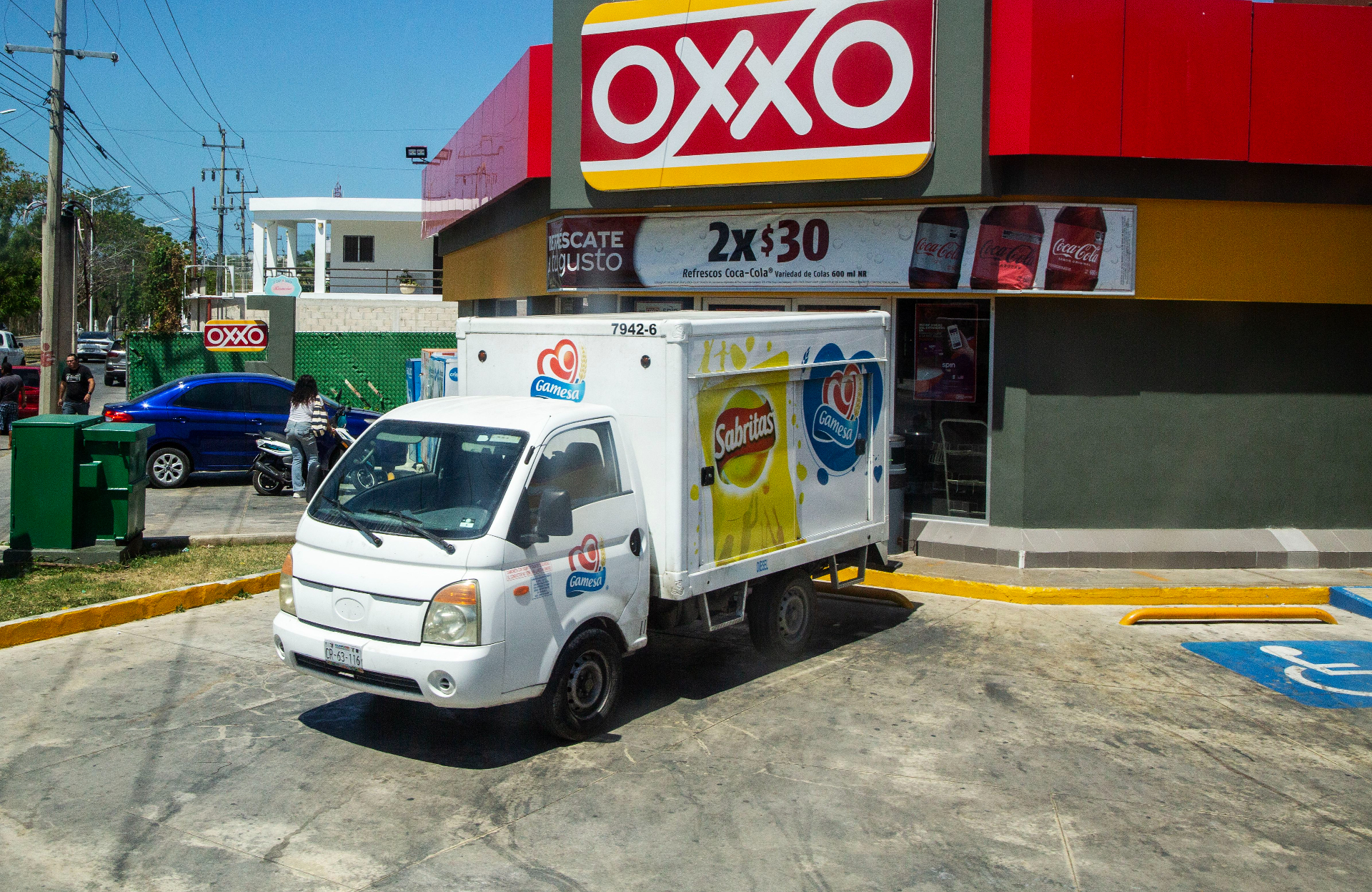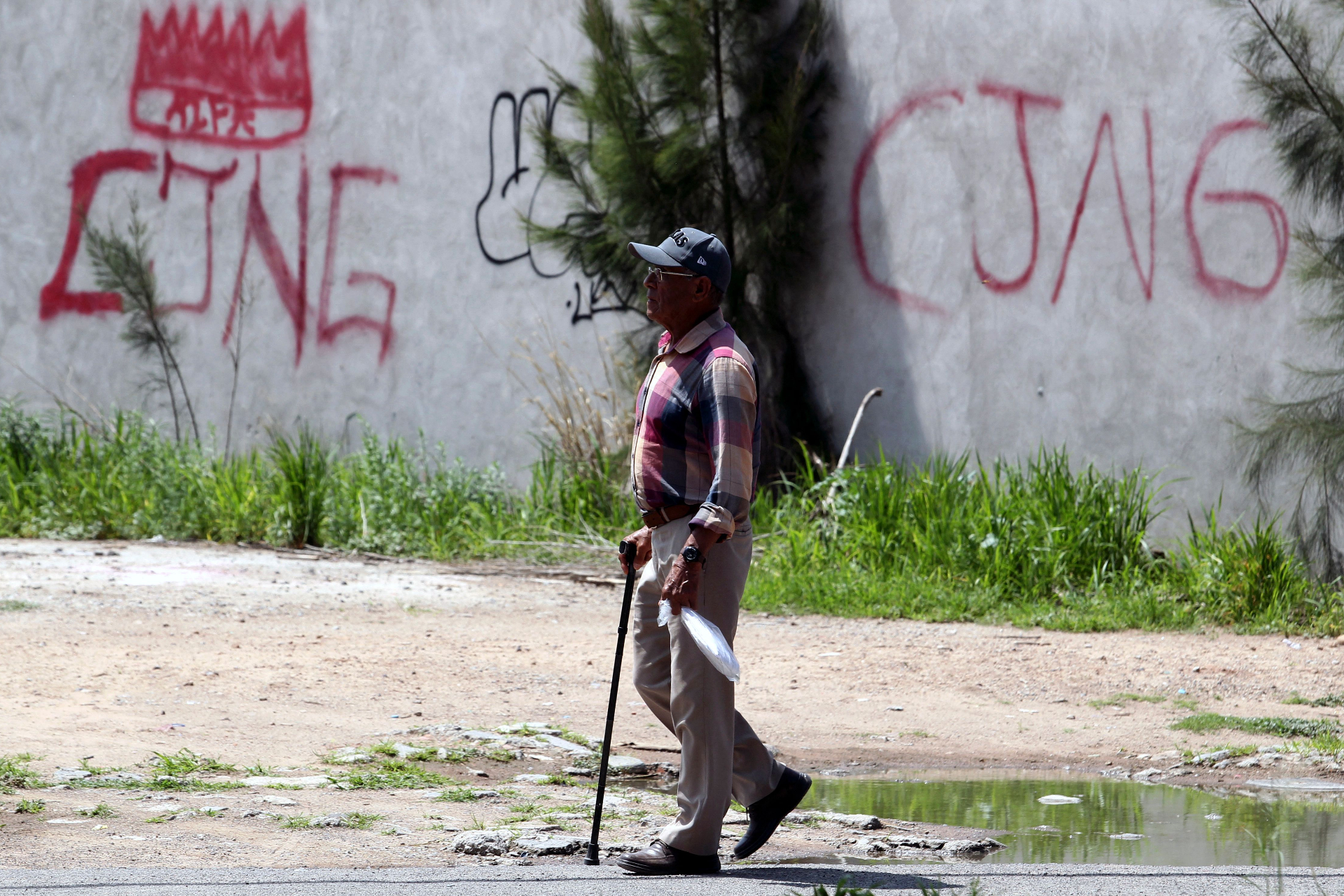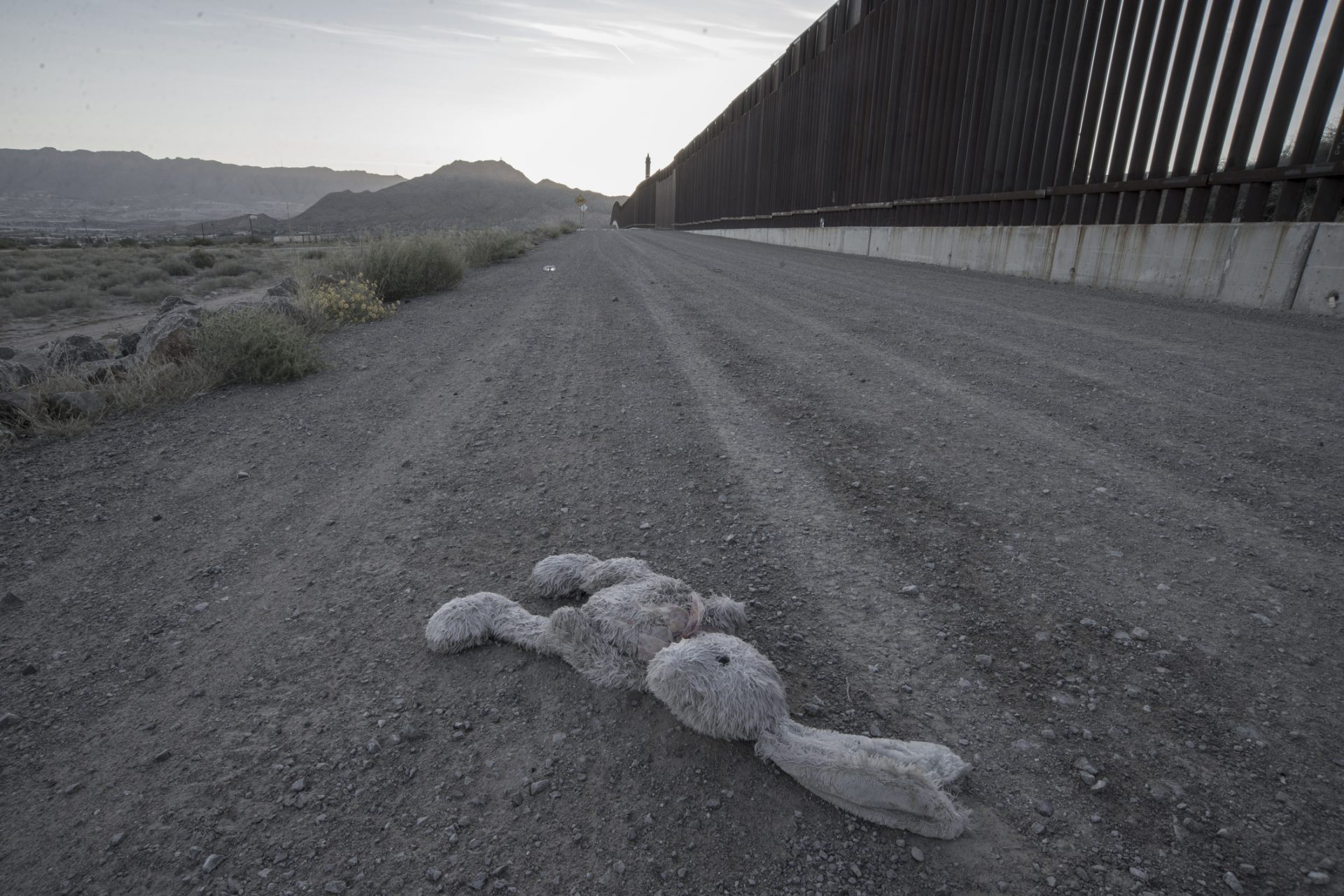Study shows that drug cartels are the fifth largest employer in Mexico
A recent study estimates that Mexican drug cartels employ around 175,000 people, making them one of the most significant employers in the country.
The study, published in Science, uses a mathematical model to estimate Mexican criminal organizations' size and recruitment capacity.
Researchers only looked at lower-ranking recruits directly related to cartel violence and daily operations. They left out money launderers and financial managers.
According to the Spanish newspaper El Pais, the team combined Mexican data on murders, missing persons, incarcerations, and cartel interactions between 2012 and 2022.
With these in mind, criminal organizations could be qualified as the fifth largest employer in the country, right below solvent multinational companies like Carlos Slim's America Movil or Pemex.
They also have more workers than some of the country's most significant companies and groups, such as the Oxxo convinience store emporium.
Oxxo stores serve as an excellent example to understand the dimensions of cartels because it is not unusual to see one on every corner of Mexican cities.
The study showed that the largest cartel in the country right now is the Jalisco New Generation Cartel (Spanish initials in the pictured wall), with almost 20% of recruits. The Sinaloa Cartel follows with 10%.
According to the study, cartels have a recruitment capacity of about 350 people every week, which helps them keep consistent growth.
The study revealed that during the decade of the collected data (2012 to 2022), organized crime in Mexico grew by 60,000 members.
That is an impressive growth capacity considering the adverse conditions in which drug cartels operate. They are under police persecution and have high mortality rates.
The Mexican government works relatively fast in detaining lower-ranking workers. It imprisons around 6,000 people a year on accounts related to drug trafficking and cartel violence.
They also estimated that death among lower-ranking workers has cost cartels 17% of their members in 10 years. Still, neither imprisonment nor death reduces their size.
With those numbers on the table, the study concludes that tackling recruitment is the best way to fight cartel-related violence in Mexico.
Experts cited by El Pais and The Guardian cautiously welcomed the study and its conclusions. They all agree that understanding the political logic of cartel operations is essential to devising any strategy.
The director of the crime research company SciVortex, Eduardo Salcedo Albaran, told El Pais that the mathematical model designed for the study was "impressive." He didn't participate in the study.
He and the study authors believe that it is a solid first step to further investigate the inner workings of cartel recruitment and growth.
More for you
Top Stories






























